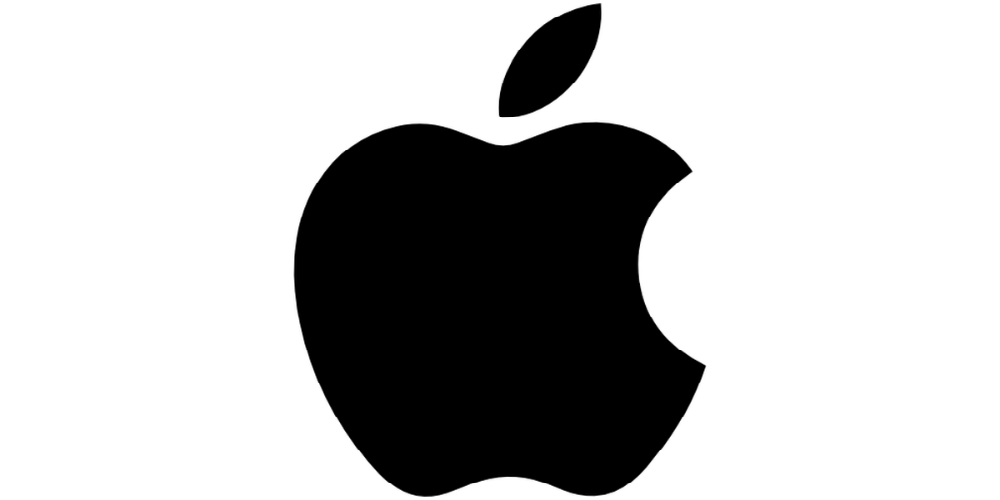According to CNet, Apple’s only supplier for iPhones is now Qualcomm, since Intel will no longer work on 5G chips for phones. The news comes as Apple and Qualcomm recently settled in court over their licensing dispute.
It’s unclear if Intel exited the business before the settlement or new agreement between Apple and Qualcomm.
Earlier this month, Intel announced in a press release that it plans to stop working on modems for 5G products. Until that announcement, the tech company “had been working on a processor for Apple, with the chip expected to be in iPhones in 2020,” CNet says. Intel says it will continue to meet customer commitments for its existing 4G smartphone product line.
Since the company’s decision to move out of the 5G modem business, Apple is left with Qualcomm as its only supplier. While Apple makes its own applications processor, it still relies on third-party chips for network connectivity, CNet says. Qualcomm was the sole supplier of chips for Apple for the iPhone 4S through the iPhone 6S and 6S Plus. Apple then started using Intel modems for some models of the iPhone 7 and 7 Plus, and for its latest phones, the iPhone XS, XS Max, and XR.
CNet says that more than likely “too late” for Apple to use Qualcomm chips in the phones it has coming out later this year, but “believed the iPhones in 2020 will have Qualcomm’s 5G modems.”
“With the market for 5G accelerating, the need to guarantee a 5G iPhone in 2020 clearly proved a powerful motivator for a settlement,” CCS Insights analyst Geoff Blaber told CNet. “Commercial pragmatism ultimately won.”
What decision makers should keep in mind:
Despite the battle between Apple and Qualcomm, consumers now don’t need to worry about whether or not they will have access to 5G capabilities. Based on the outcomes of the settlement and agreement, “The agreement is also a victory for consumers, who will once again have access to fast Qualcomm modems — including ones already compatible with existing 5G networks,” CNet says.
While this is good news, there’s no telling how compatible Apple and Qualcomm will be in the next phase of their relationship, and if future licensing agreements – or disagreements – will march the two right back into court. If that happens, there’s a risk that consumers’ user experience will be altered, including slower download speeds and connectivity speeds, and a delay in access to future 5G-capable devices.
If you enjoyed this article and want to receive more valuable industry content like this, click here to sign up for our digital newsletters!










Leave a Reply